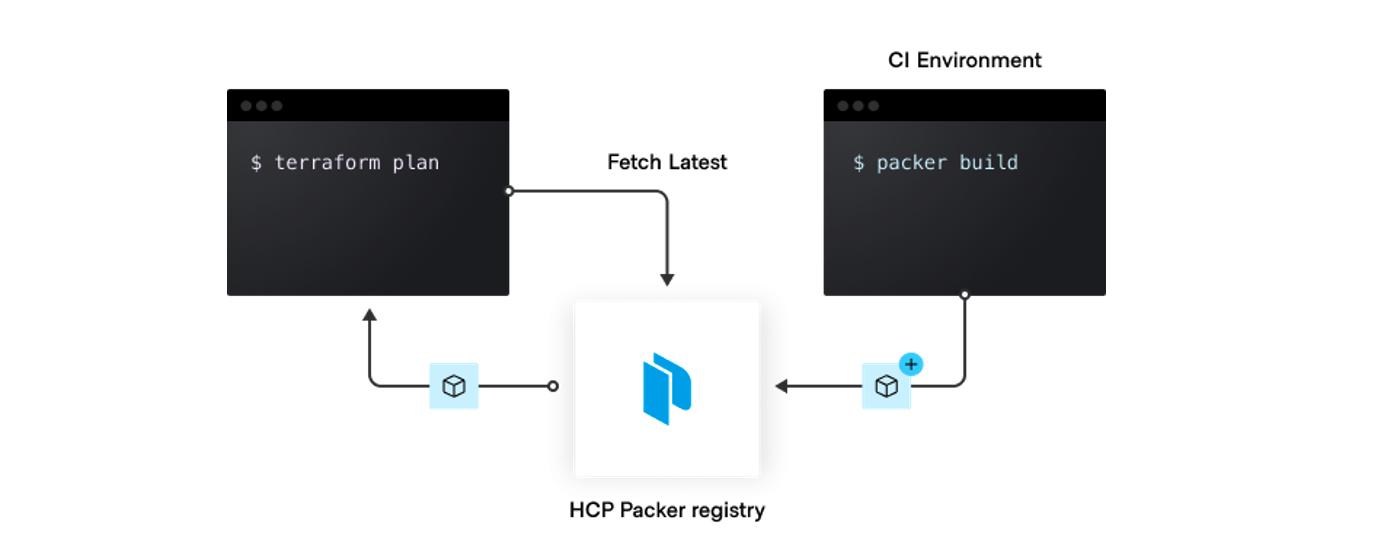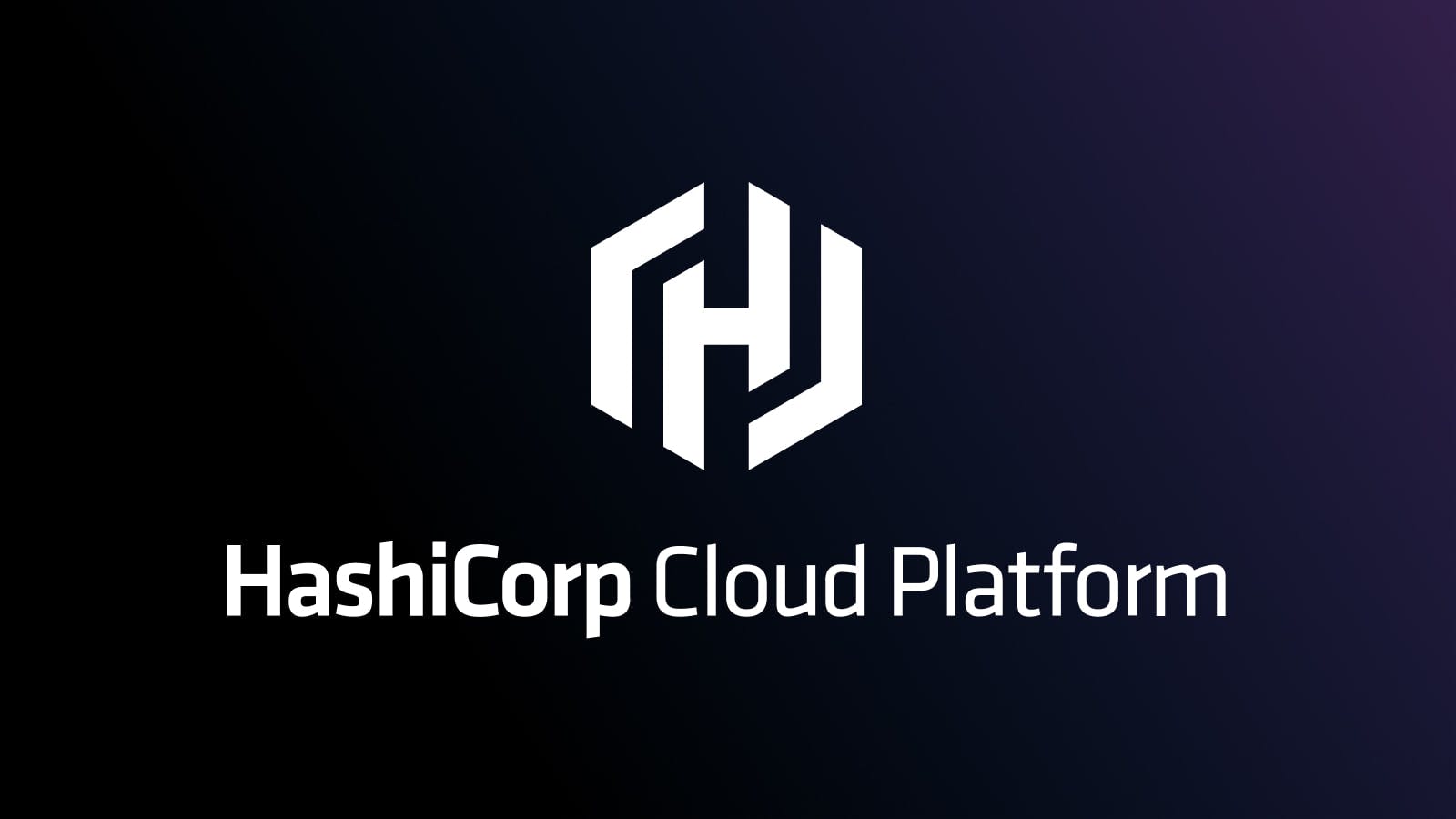Last year, we announced the HashiCorp Cloud Platform (HCP), a fully managed platform offering the HashiCorp products as a service to automate infrastructure on any cloud. We’re excited about our progress with the platform and with what practitioners are already doing with these new cloud services. In this blog, we will highlight some of the new features we’ve shipped recently and preview our future plans for HCP.
»Core Enhancements to HCP
Single sign-on with Okta. Identity management is foundational to any platform. With HCP, we want to enable frictionless access to resources while simultaneously respecting enterprise permissions and controls. You now have a new option for single sign-on for HCP: Okta.
This option will appeal to organizations that require added security protections via SAML-based single sign-on. HCP also offers authentication via GitHub, and email/password (with optional multi-factor authentication).
Ready to connect Okta to HCP? Check out the step-by-step setup instructions.
Terraform Provider for HCP adds new actions. The HashiCorp Cloud Platform has a Terraform Provider for HCP that we update regularly to keep pace with the capabilities of the platform. Practitioners use the provider to manage their HVNs, connectivity to HCP, and snapshots.
Now, we’ve added the first HashiCorp Vault resources to this provider in concert with the general availability of HCP Vault. Authorized users can interact with the HCP Terraform Provider to:
resource "hcp_hvn" "example" {
hvn_id = "hvn"
cloud_provider = "aws"
region = "us-west-2"
cidr_block = "172.25.16.0/20"
}
resource "hcp_vault_cluster" "example" {
cluster_id = "vault-cluster"
hvn_id = hcp_hvn.example.hvn_id
}
Keep tabs on our progress with the Provider via the project’s GitHub releases page.
»HCP Vault Readies More Production Packages, Cross-Region Replication
The second service we brought to HCP was Vault, which launched in April. We launched with dev/test and standard production packages to fit a range of scenarios.
Even in its early days, HCP Vault demonstrates HashiCorp’s commitment to lifecycle management; we updated from Vault 1.6 in our beta period to Vault 1.7 for GA. Best of all, HashiCorp engineers did the upgrade work, so you didn’t have to.
Starter and Plus configurations. Vault is used by a wide range of organizations, and we want to add more sizing options so HCP Vault can serve even more companies. A Starter package — coming soon — will be ideal for folks bringing over new cloud security workloads running in production that need room to grow. After that, we’ll look to the higher end of the market with a Plus configuration catering to organizations that need cross-region replication for HCP Vault clusters. We’re also planning to add encryption-as-a-service and other features.
»HCP Packer Aims to Accelerate Image Management Workflows
The next service coming to HCP is HashiCorp Packer. For many users, an automation gap exists between image builds with Packer and image deployments with Terraform. Practitioners often use custom scripts and spreadsheets to choose which image to deploy. These manual tasks can be slow and error-prone.

The initial launch of HCP Packer will provide a cloud-hosted registry that streamlines this workflow, bridging the gap between Packer image builds and Terraform instance provisioning. The service will host the metadata associated with artifacts generated by Packer. From there, you’ll be able to expose the metadata for downstream consumption and deployment. To learn more, check out the HCP Packer announcement blog post and sign-up to be a beta tester.
»Try HCP and Get a $50 Credit
HCP provides you the convenience of consuming HashiCorp tools as a managed service. To help you get started, we’re offering a $50 credit when you create an HCP account and spin up your first cluster. Sign up today.









